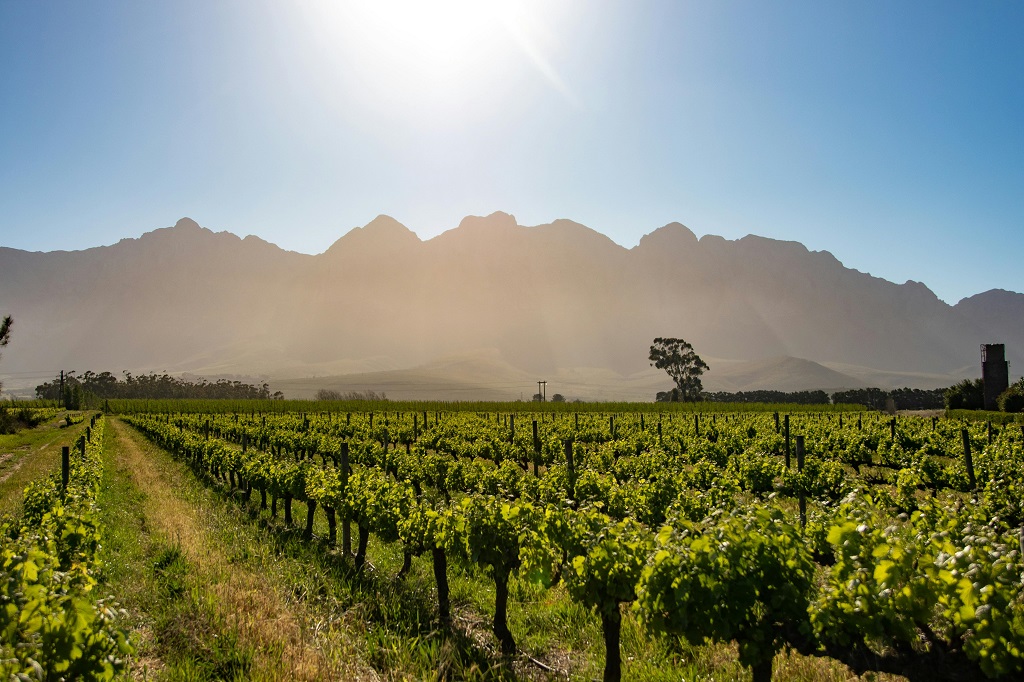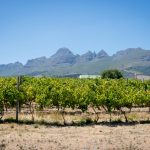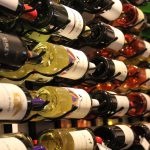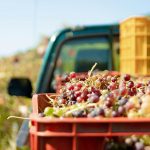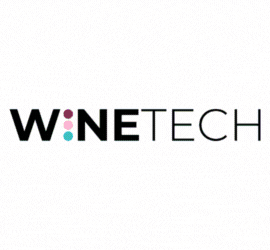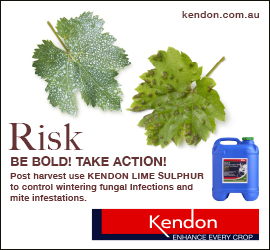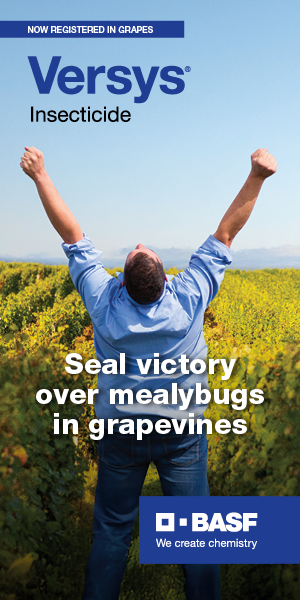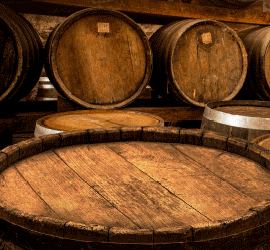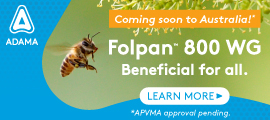South Africa Wine, the national body representing the country’s winegrape producers and industry stakeholders, has come out in strong opposition to the government’s proposed excise tax increases on wine, which could see rates rise by up to 80%.
The representative body said this “drastic” measure, which was outlined in the recent Alcohol Taxation discussion document, poses a “severe threat” to the sustainability of the wine sector.
The body emphasised that as an industry, the wine sector is already a highly regulated environment, and said there is need for policy certainty.
“These proposals could devastate our industry, driving job losses and forcing producers out of the market,” warned Rico Basson, CEO of South Africa Wine. “The wine industry supports over 270,000 jobs, contributes R56 billion to the economy, and plays a vital role in rural development. The proposed excessive increases in excise rates will destabilise this critical sector and harm communities already facing economic hardship.”
The national treasury intends to announce the new excise framework and proposed adjustments during the Budget Speech (February 2025), which will leave the industry with a 30-day submission deadline of 13 December 2024. South Africa Wine asserted that this timeline was “unworkable”, and said it failed to provide adequate opportunity for consultation and impact assessment.
“We urgently call on the government to extend the deadline and reconsider these proposals,” said Basson. “The current excise regime, aligned with international standards, is achieving public health and revenue goals without compromising the industry’s sustainability. Instead of penalising compliant producers, the government should focus on combating illicit trade and strengthening law enforcement.”
The illicit alcohol trade, which accounts for more than 22% of all alcohol in South Africa—a figure which South Africa Wine expects will be exacerbated by high excise rates.
South Africa Wine said that addressing this issue through improved oversight and enforcement would be “a more effective policy approach”.
“The wine industry is not just an economic driver. It’s a cultural cornerstone of South Africa,” said Basson. “Policy certainty is essential to protect the entire value chain, from vineyard workers to exporters, and ensure the industry continues to thrive as a reliable driver of employment, tourism, and investment.”
“We urge the government to work with the wine industry to find a more balanced and sustainable approach to alcohol taxation, postponing any final decisions until after comprehensive consultations, and to limit the wine excise increase to a maximum of CPI in February 2025.”
Are you a Daily Wine News subscriber? If not, click here to join our mailing list. It’s free!
